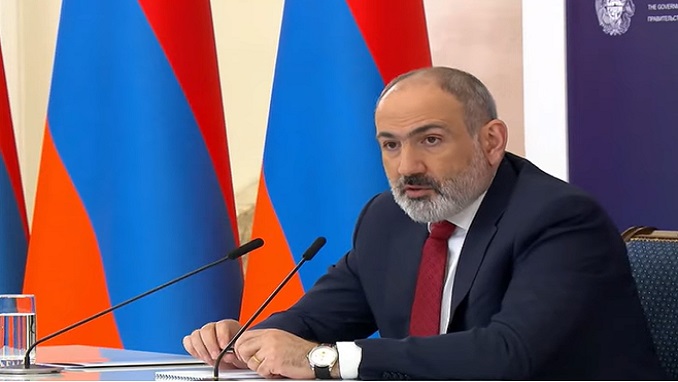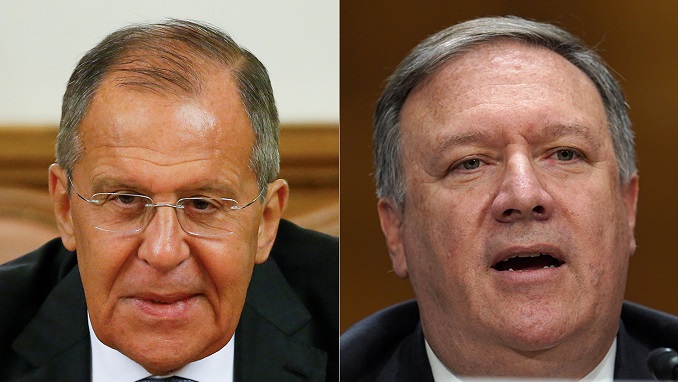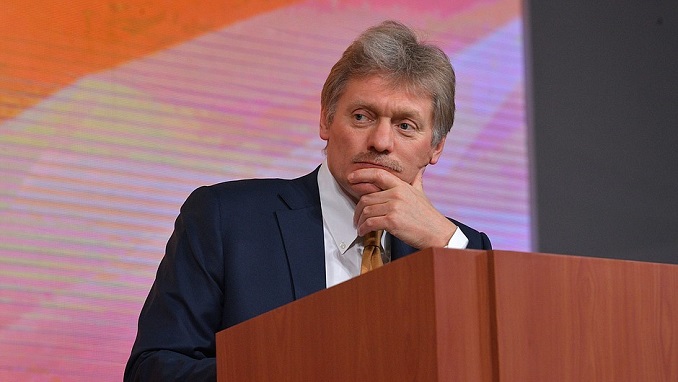Armenian Prime Minister Nikol Pashinyan on Tuesday warned of a very high probability of an escalation by Azerbaijan on the restive border with Armenia and in the Nagorno-Karabakh region, over which the arch-foes fought two wars.
Accusing Azerbaijan of stepping up aggressive rhetoric amid the humanitarian catastrophe caused by Baku’s blockade of the contested territory, Pashinyan said in a press conference that Armenia is not the one initiating aggressive actions or escalations, so it decided to invite EU observers.
Per the Armenian PM, the preliminary agreement in Prague in October 2022 was that there would be EU observers deployed on both sides of the border or the line of contact.
Pashinyan underscored that Azerbaijani President Ilham Aliyev rejected the idea after initially giving consent to the deal in the presence of the French President and the President of the European Council.
Baku rejected this option even though Armenia proposed inviting international observers to Nagorno-Karabakh to assess the situation on the spot and to prove Yerevan’s claims that Armenia does not have an army in Nagorno-Karabakh despite accusations from Baku.
On the other hand, Armenia also insists on an international fact-finding mission in light of the ongoing humanitarian crisis in Nagorno Karabakh prompted by the Baku-enticed closure of the Lachin Corridor and the increased danger of new escalation.
Pashinyan also reiterated warnings with regard to Azerbaijan’s explicit preparations for ethnic cleansing of the region.
Addressing the question of whether there are timeframes for signing a peace treaty with Azerbaijan, he pointed out that he’ll do everything in his power so that a peace treaty is signed by the end of the year.
Pashinyan said that in February they sent Azerbaijan a draft version of the proposed peace treaty Yerevan was ready to sign immediately, but Baku did not agree to that version.
That is why he thinks that there should be an international mechanism that would guarantee the continuity of the conversation between the two parties.



